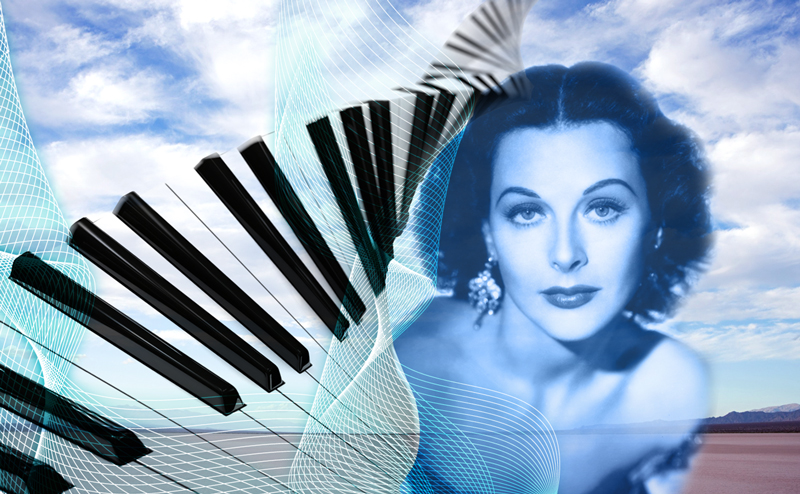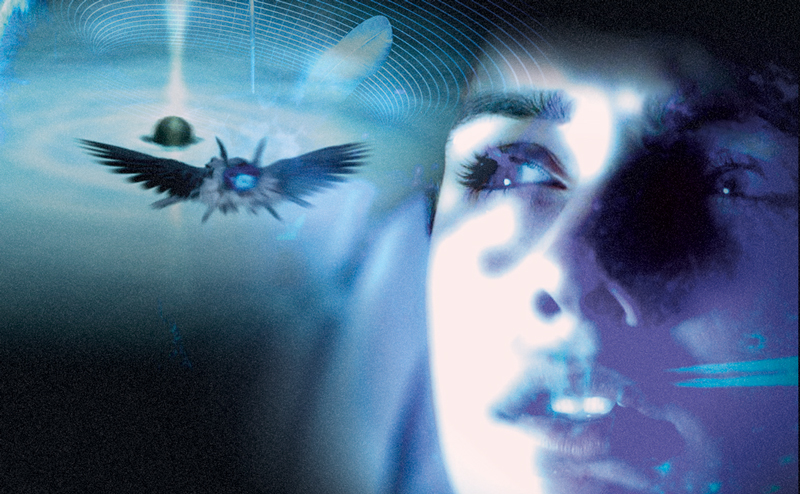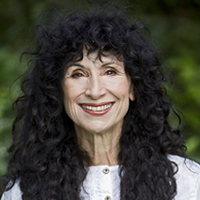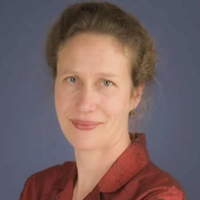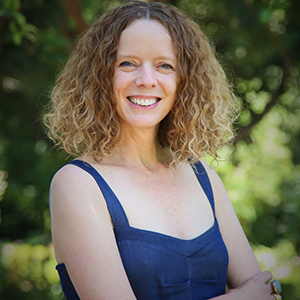Philip Glass
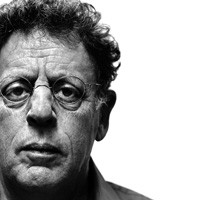
Born in Baltimore, Maryland, Philip Glass is a graduate of the University of Chicago and the Juilliard School. In the early 1960s, Glass spent two years of intensive study in Paris with Nadia Boulanger and while there, earned money by transcribing Ravi Shankar’s Indian music into Western notation. By 1974, Glass had a number of innovative projects, creating a large collection of new music for The Philip Glass Ensemble, and for the Mabou Mines Theater Company. This period culminated in Music in Twelve Parts, and the landmark opera, Einstein on the Beach for which he collaborated with Robert Wilson. Since Einstein, Glass has expanded his repertoire to include music for opera, dance, theater, chamber ensemble, orchestra, and film. His scores have received Academy Award nominations (Kundun, The Hours, Notes on a Scandal) and a Golden Globe (The Truman Show). Symphony No. 7 and Symphony No. 8—Glass’ latest symphonies—along with Waiting for the Barbarians, an opera based on the book by J.M. Coetzee, premiered in 2005. In the past few years several new works were unveiled, including Book of Longing (Luminato Festival) and an opera about the end of the Civil War entitled Appomattox (San Francisco Opera). The English National Opera, in conjunction with the Metropolitan Opera, performed Glass’ Satyagraha in London, April 2007, and the Metropolitan Opera presented the work in April 2008. Glass’ latest opera Kepler premiered with the Landestheater Linz, Austria in September 2009 and is currently working on an opera about Walt Disney that premiered at the Teatro Real in Madrid in 2013. In 2010 he collaborated with Brian Greene, David Hwang, Al Holmes, and AL Taylor on Icarus at the Edge of Time.
His Symphony #9 was completed in 2011 and was premiered by the Bruckner Orchestra in Linz, Austria on January 1, 2012. The U.S. premiere took place in New York at Carnegie Hall on January 31, 2012 as part of the composer’s 75th birthday celebration.
Photo by Steve Pyke







 Share
Share